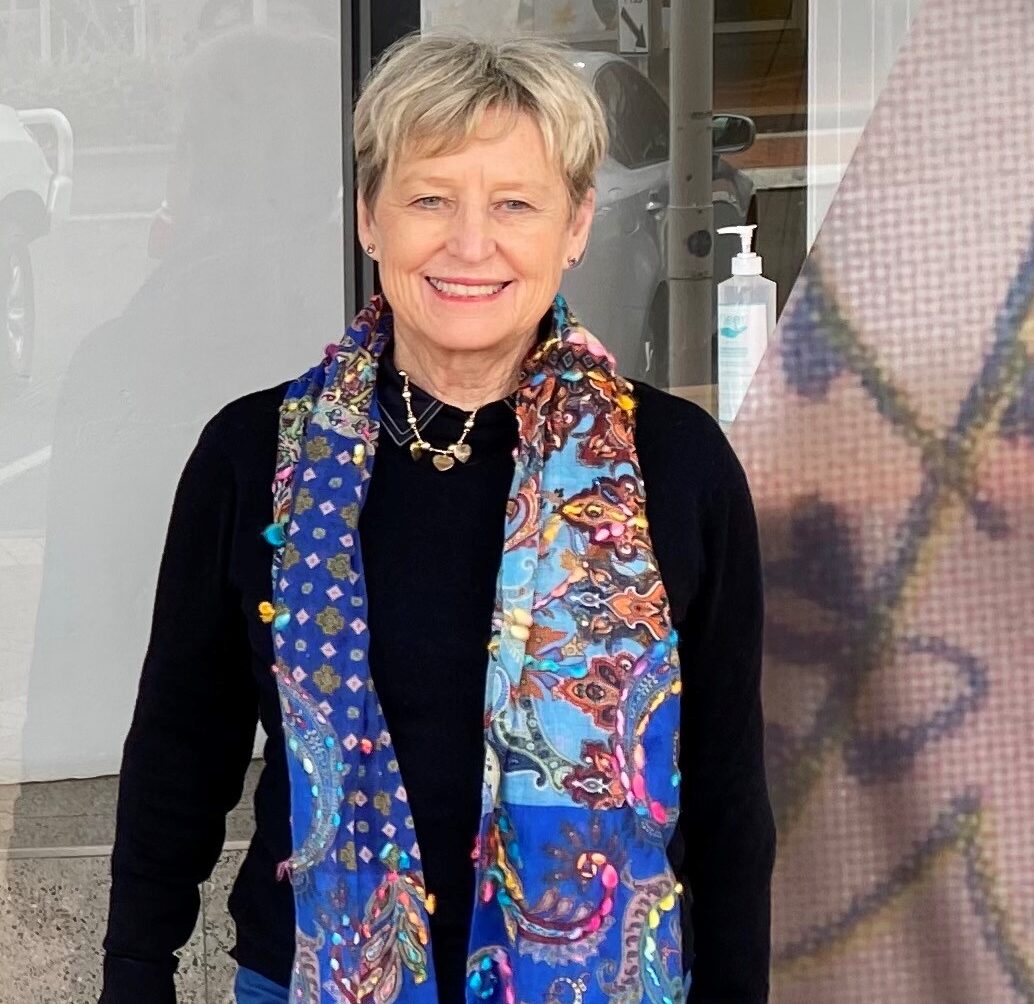“Fear of the Unknown” – most anxieties are caused by this. When things around us start to change from what we have always known, then fear and anxiety can creep in. All the ‘What-if’s” start popping up in our brain – ‘What if I get sick?’, What if I can’t earn a living?’, ‘What if I accidently pass it onto someone else?’, “What if this cough or throat tickle is COVID?”
COVID has brought such a momentous change to our way of life, it is understandable that there is so much anxiety about it. When the first lockdown happened last year in March 2020, it was almost like we were in a science movie – loss of freedoms, people wearing masks, shopping was limited, home schooling, pressure of working from home, no socialising, checking in everywhere you go, people losing work, front-line workers were asked to work longer hours, delivery drivers and food providers were flat out. It all seemed very unworldly, as we knew it. So many new things to deal with.
Now 18 months later, we have got used to wearing masks, checking in, handling Zoom sessions, some businesses have been able to adapt and create new ways of doing business.
In the meantime, there are still plenty of people who are suffering from anxiety. Not only are people scared of getting COVID, eg. Not wanting to mix with people, scared of touching public items like doors, railings; there is also fear of the vaccine itself. Again, it is fear of the unknown – ‘What will happen to me?’, ‘What will happen if I don’t get the vaccine?’, ‘What will happen to my income?’ All sorts of questions are racing through people’s minds – all the unknowns.
There is also anxiety about being alone, isolated. Humans are sociable beings, we need the human contact. Even if we can’t see people in person, it is important to stay in touch, by phone or internet, or even writing a letter!
There is also confusion about what is happening in society, which can also create anxiety. The rules keep changing, there are mixed messages getting around. It is hard enough to follow in English, what would it be like if this isn’t your first language? And there is just so much about COVID on the news! It is hard to get away from it. So, it is important to reach out for help. It is so important to talk to someone about your concerns, or even just to have a normal conversation!
There are so many changes to our way of life over the past 18 months, that there is little wonder why so many people are anxious. If this is not addressed, it can lead to depression, anger, sleeplessness, loneliness, drinking, gambling and over-spending and other anti-social on-line behaviour.
So, what can you do?
• Take reasonable precautions to keep you and your family safe from disease, without becoming hermits.
• Wear a mask when shopping, wash hands, limit indoor numbers.
• Reach out and talk to someone, we still have phones and internet.
• Exercise in the fresh air.
• Make healthy food choices, limit alcohol consumption.
• Limit media and social media to trusted sources, and the number of hours spent on these.
• Keep your perspective, remind yourself of the good things in your life.
• Practice gratitude and mindfulness – it sounds airy-fairy, but it works. What sounds better to say to yourself? – “Everything is hopeless”, “the world is ending”, or “I live in a safe place”, “I have people I can turn to”.
• Deep breathing when you start to feel anxious, this helps reduce the stress hormone – cortisol, in your system.
• Remember – you are in control of your thoughts, instead of your thoughts and fears controlling you.
• Be creative – what else can you do in your spare time? What do you enjoy doing?
There are positives that have come out of this pandemic and its associated rules and regulations. Eg:
• People are not getting sick and dying of other diseases as much as in the past. Apparently about 800 died in NSW each year, of the flu, before COVID hit.
• People are practicing better hygiene and not spreading germs.
• Appreciation of the essentials in life – family, friends, fresh air, health, fresh food.
• Appreciation of front-line workers like – health professionals; teachers, police, ambulance drivers; delivery drivers, food providers, cleaners, local manufacturers and suppliers.
• Appreciating the value of regional living and the opportunities this brings (more people are moving from cities to the country).
If you need to talk to someone, local therapists are available, or contact:
• Beyond Blue 1800 512 348.
• Blackdog Institute website.
• Lifeline, 13 11 14.
• Kids Helpline 1800 55 1800.
• NSW Mental Health Line: 1800 011 511.
Remember, above all – be kind and considerate – to yourself and others.
Helen Dugdale has had many years as a teacher and a trainer and working in research management, as well as coordinating programs for women; unemployed people; young people; and people in rural areas. Helen has her own business running personal development programs, as well as individual brain-coaching consultations. Brain-coaching helps you to change your negative ways of thinking, (ie anxieties, fears and phobias) to lead a more productive and fulfilling life. Helen is passionate about education and helping people to get the best out of themselves and the people around them. She has qualifications in science; education; training and psychology.
To order photos from this page click here







